

2019-01-23 11:32:00 Wed ET
treasury deficit debt employment inflation interest rate macrofinance fiscal stimulus economic growth fiscal budget public finance treasury bond treasury yield sovereign debt sovereign wealth fund tax cuts government expenditures
Higher public debt levels, global interest rate hikes, and subpar Chinese economic growth rates are the major risks to the world economy from 2019 to 2020. American public debt now hovers around $15 trillion with another $6 trillion intragovernmental debt positions. This debt dilemma poses a core conceptual challenge to the Trump administration that may need to carry out counter-cyclical fiscal policies to contain the next economic recession. With $1.5 trillion infrastructure expenditures and $1 trillion tax cuts, the Trump administration faces a hefty $800 billion fiscal deficit. As the Treasury funds the fiscal deficit with incessant government bond issuance, the Federal Reserve has to raise seigniorage taxes in the form of higher money supply growth. In turn, this money supply growth causes higher prices as inflation surges beyond the 2%-2.5% target threshold. The current U.S. Phillips curve remains flat and thus reflects low inflation and low unemployment. In accordance with the dual mandate of price stability and maximum employment, the Federal Reserve should continue the gradual interest rate hike at a slower pace. The U.S. financial history suggests that unforeseen asset market surprises can cause key capital investment retrenchment as the government fails to implement counter-cyclical fiscal policies in time.
Moreover, Chinese real GDP economic growth can decline from 6.5%-7% to 5.5%-6%. As the Chinese Xi administration continues to decentralize the consumer-led economy, this transition translates into lower demand for international goods and services. With the primary focus on exports and real estate investments, China may cause inadvertent contractionary spillovers into several East Asian countries and some western open economies. U.S. households and firms may face higher costs of tradable goods and services as the Chinese economy experiences subpar economic growth. However, the latter may be a minor concern in light of the likely Sino-U.S. trade war resolution.
On balance, the U.S. Federal Reserve needs to better align medium-term interest rate adjustments with fiscal expectations between the White House and Treasury. Optimal interest rate decisions may need to react to productivity surprises, inflation expectations, economic output gaps, and asset price gyrations. To the extent that macroeconomic fluctuations manifest in credit conditions and corporate profits, the central bank has to consider conservative interest rate increases. From Australia, Britain, and Canada to Germany and Japan, international monetary policies may start to follow the current U.S. interest rate hike. The new global interest rate cycle can be especially pertinent for European and East Asian small open economies.
If any of our AYA Analytica financial health memos (FHM), blog posts, ebooks, newsletters, and notifications etc, or any other form of online content curation, involves potential copyright concerns, please feel free to contact us at service@ayafintech.network so that we can remove relevant content in response to any such request within a reasonable time frame.
2020-08-12 07:25:00 Wednesday ET
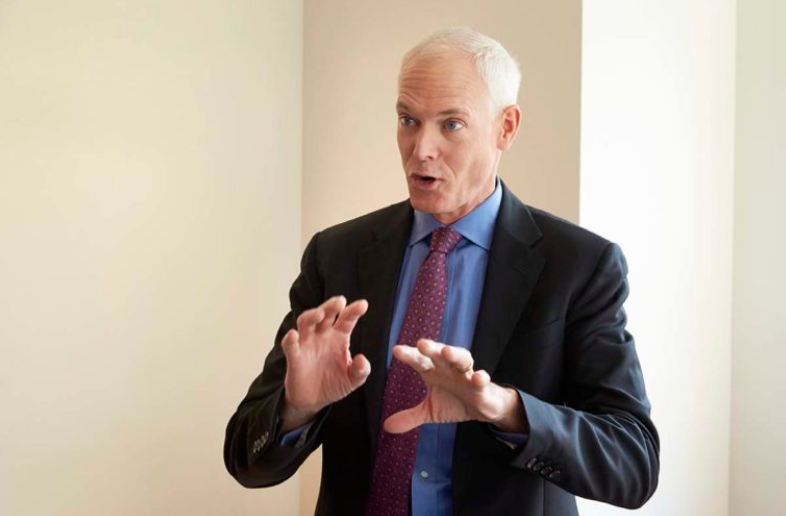
Most sustainably successful business leaders make a mark in the world, create a positive impact, and challenge the status quo. Jerry Porras, Stewart Emer
2018-07-15 11:35:00 Sunday ET

Facebook, Google, and Twitter attend a U.S. House testimony on whether these social media titans filter web content for political reasons. These network pla
2019-06-11 12:33:00 Tuesday ET
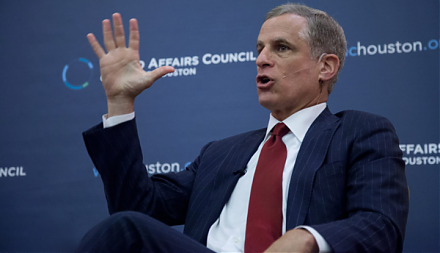
Dallas Federal Reserve Bank President Robert Kaplan expects the U.S. economy to grow at 2.2%-2.5% in 2019-2020 as inflation rises a bit. In an interview wit
2019-11-23 08:33:00 Saturday ET
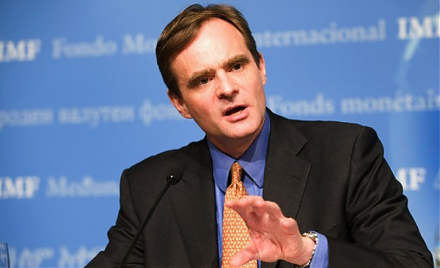
MIT financial economist Simon Johnson rethinks capitalism with better key market incentives. Johnson refers to the recent Business Roundtable CEO statement
2019-08-12 07:30:00 Monday ET
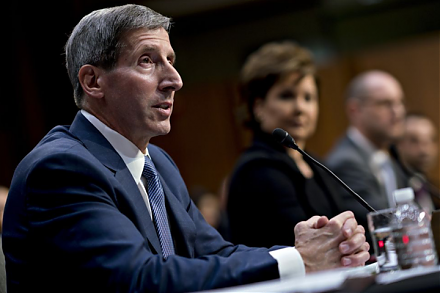
Facebook reaches a $5 billion settlement with the Federal Trade Commission over Cambridge Analytica user privacy violations. The Federal Trade Commission (F
2023-05-27 11:30:00 Saturday ET
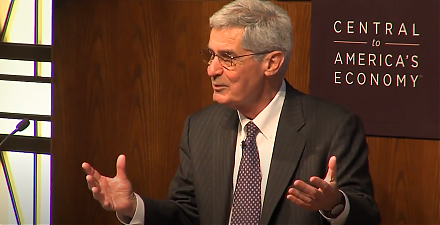
Bank failure resolution and financial risk management: Silicon Valley Bank, Signature Bank, and First Republic Bank. What are the main root cau